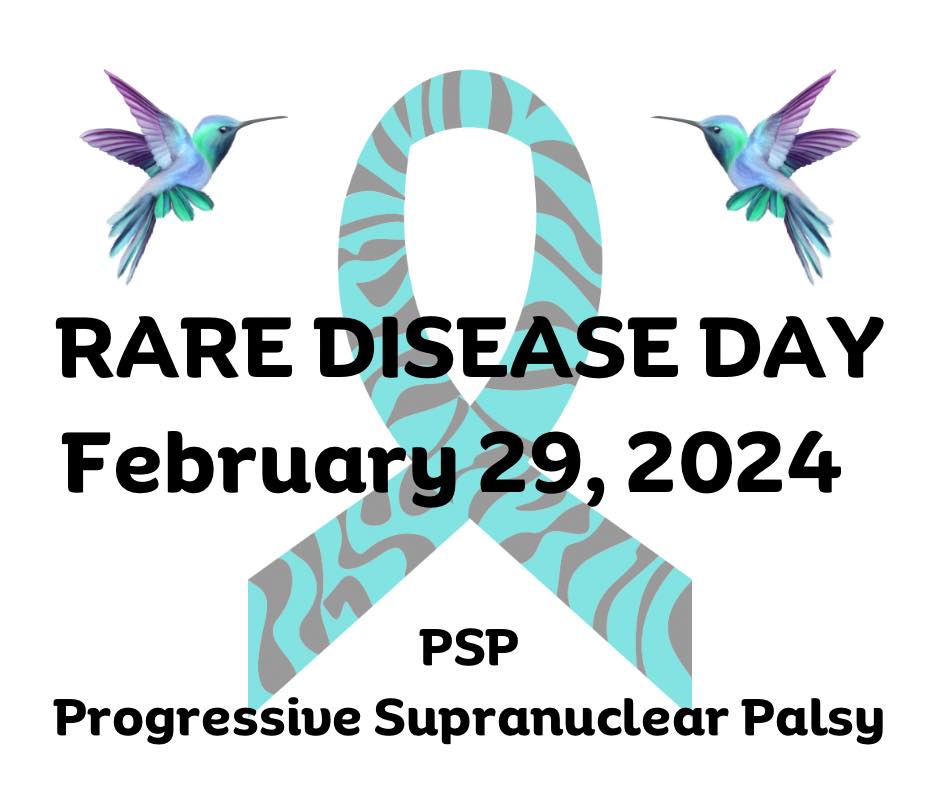

Today, on Rare Disease Day, we turn our focus towards a condition that many may not have heard of, yet it profoundly impacts the lives of those it touches: Progressive Supranuclear Palsy (PSP). This rare brain disorder causes serious and progressive problems with control of gait and balance, along with complex eye movement and cognitive dysfunction.
PSP is often misdiagnosed as Parkinson's disease due to the overlap in symptoms, including stiffness, movement difficulties, and tremors. However, PSP is more aggressive and progresses more rapidly than Parkinson's disease. One of the hallmark symptoms of PSP is difficulty with eye movement, particularly the inability to aim the eyes properly, which is not a common symptom of Parkinson's.
The cause of PSP is still largely unknown, though it involves the deterioration of brain cells in specific areas, including those that control the movements our eyes make and the balance and coordination part of our brains. Genetics and environmental factors might play a role, but much more research is needed to understand this devastating disease fully.
There is currently no cure for PSP, and treatments are focused on managing symptoms to improve quality of life. This can include medication to help reduce symptoms, physical therapy to enhance mobility and balance, and various supports to assist with daily living activities.
On Rare Disease Day, it's vital to recognize the importance of research, awareness, and support for those living with rare diseases like PSP. Awareness can lead to early diagnosis, which is crucial for managing symptoms and planning for the future. Research is essential not just for finding a cure but for understanding the causes of PSP, which can lead to better treatments and management strategies.
For those living with PSP, their families, and caregivers, today is a reminder that you are not alone. There is a community and a network of support available, from healthcare professionals to patient advocacy groups. Sharing experiences, knowledge, and hope can make a significant difference in navigating the challenges of PSP.
As we observe Rare Disease Day, let's commit to learning more about PSP and other rare diseases. By raising awareness and supporting research, we can all contribute to a future where diseases like PSP are not just manageable but preventable.
Together, we can make a difference for those affected by rare diseases. Let's use today to spread awareness, foster understanding, and ignite hope for a brighter future for all individuals and families facing the challenges of Progressive Supranuclear Palsy.

 Donate
Donate



